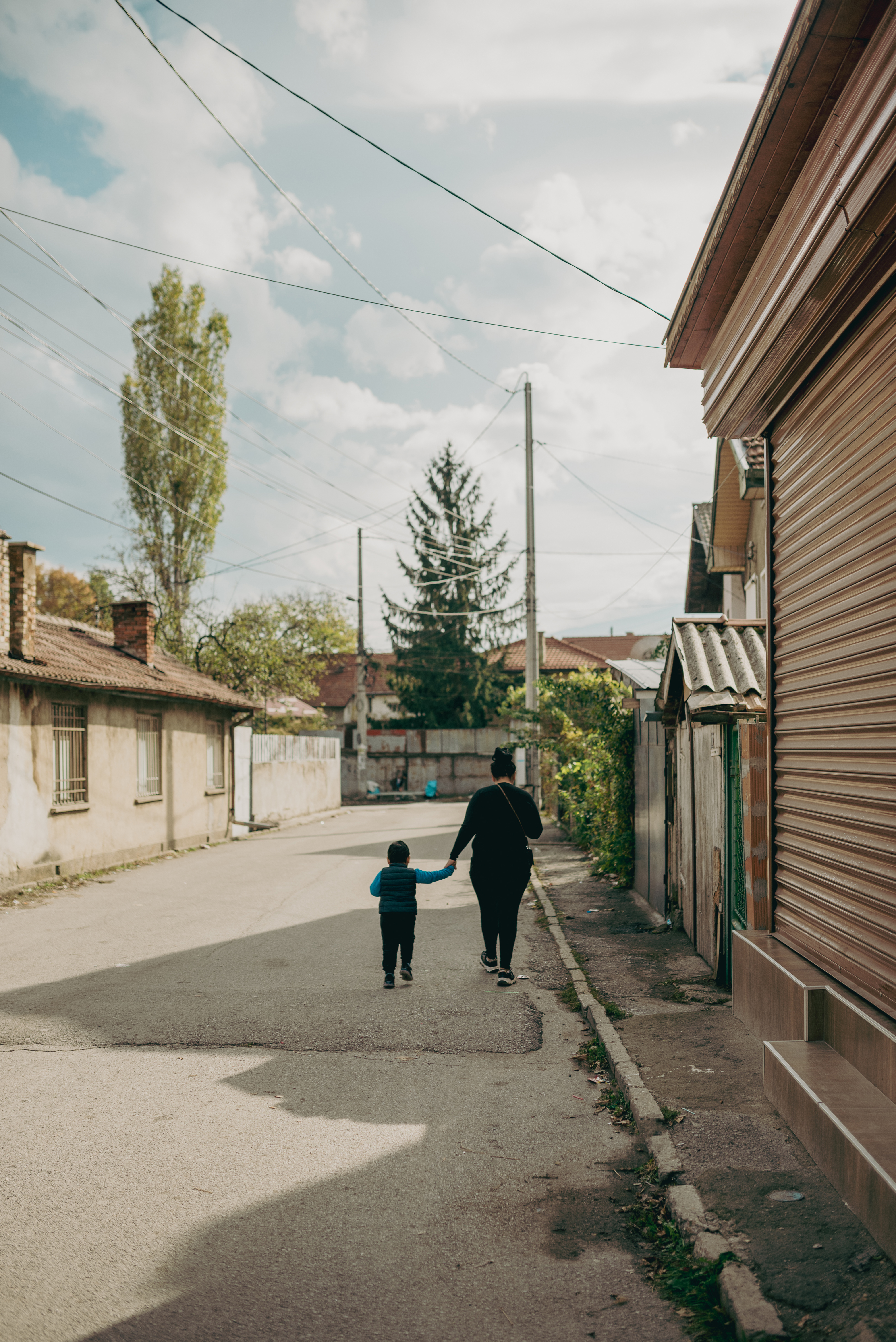Thirteen years after the amendments to the Civil Registration Act by the National Assembly imposed a restriction on Bulgarian citizens to register and obtain an identity document, the Bulgarian Parliament recognized that the rights of more than 244,822 Bulgarian citizens [1] are being violated (number based on Ministry of Interior statistics as of March 2021). By amending and supplementing the Civil Registration Act earlier this week, it enabled every Bulgarian citizen to apply for and obtain an identity document.
The 2011 amendments took away this possibility from many of those Bulgarians who do not have a document of ownership of their home, and/or do not have a rental contract for the use of the home they occupy. Due to the change of these provisions then, 121 073 Bulgarians never had an identity document. The paradox in which these Bulgarian citizens have been living for more than a decade is not only alarming but also deeply unfair. They had the right to obtain an identity document, at the same time as they were obliged to apply for it, and in the end they remained without it. The problem stems from the insufficiently detailed changes to the Civil Registration Act of 2011, which do not take into account the realities and dimensions of poverty among different social groups in society. This includes the tens of thousands of families and children who live in territories that are not included in the territorial settlement planning of municipalities and towns in the country. These legislative changes lead to significantly limited access to basic rights and services - education, work, healthcare - for many Bulgarian citizens.

Driven by the conviction that everyone must get the opportunity to realize their potential, the Trust for Social Achievement, Equal Opportunities Initiative Association, Integro Association, the advocacy network "We Care from 0 to 3" and dozens of other civil society organizations working to reduce social and economic inequalities in Bulgarian society and to include the poorest and most vulnerable citizens of the country, have worked hard together for years through organizing debates, discussions, proposals for legislative changes, and other initiatives. With the adoption of the latest amendments on 25 September 2024, any Bulgarian citizen can declare his or her address to the relevant institution and obtain an identity document that is vital for their normal functioning in society. With this document, people can receive emergency medical care, enroll their children in kindergarten or school, complete their education and start work.
The change in the law is an important step towards redressing these historical injustices, but to be effective, it is also necessary to provide additional measures to inform and assist these citizens. Active engagement by state and local institutions, NGOs and local communities is needed to ensure that all Bulgarian citizens who have the right to identification can actually exercise it in a meaningful manner. This change will not only help strengthen the rights of Bulgarian citizens, but will also contribute to building a more socially just and inclusive society.

